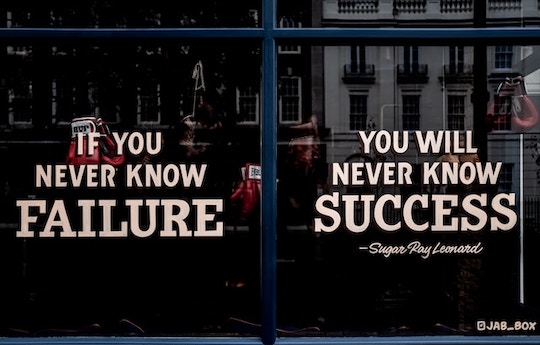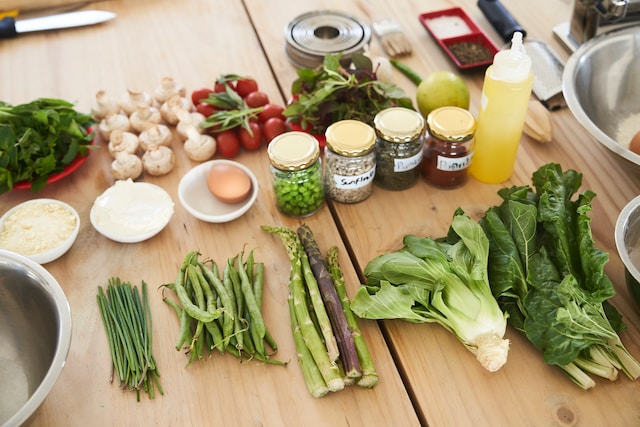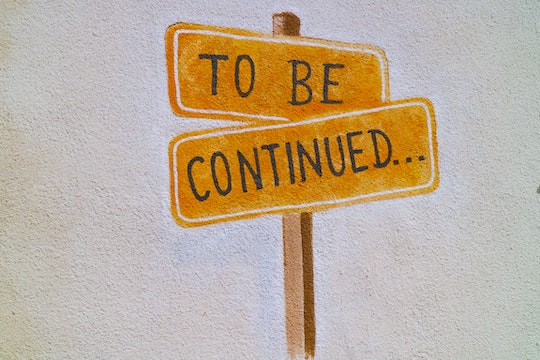With continuous practice and focus you are bound to be successful.
—Calm App Reflection
Prospective coaching clients frequently ask about the success rate of my client engagements.
Many people focus on the coach and the coaching process, and fail to look at their own role in the process of achievement.
As far as I know, coaches and their clipboards must remain on the sidelines.
Although we often point our fingers toward outside sources of success, it always comes down to the athlete or team’s talent, focus, and continuous practice that leads to putting points on the board in both sports and in life.
EXERCISE:
How focused are you in your personal and professional pursuits?
At what level do you strive and persist in your efforts to master your game or your craft?
How do you and will you recognize and acknowledge how far you’ve come and see the signs of success along the way?










